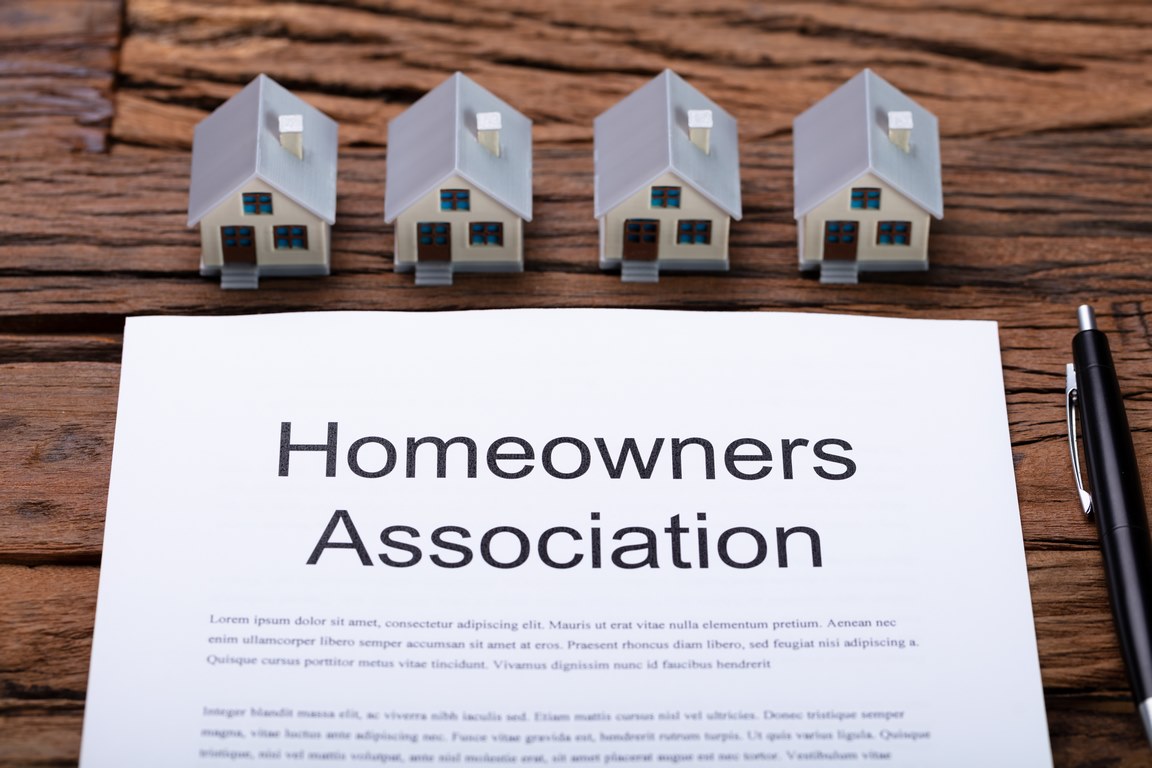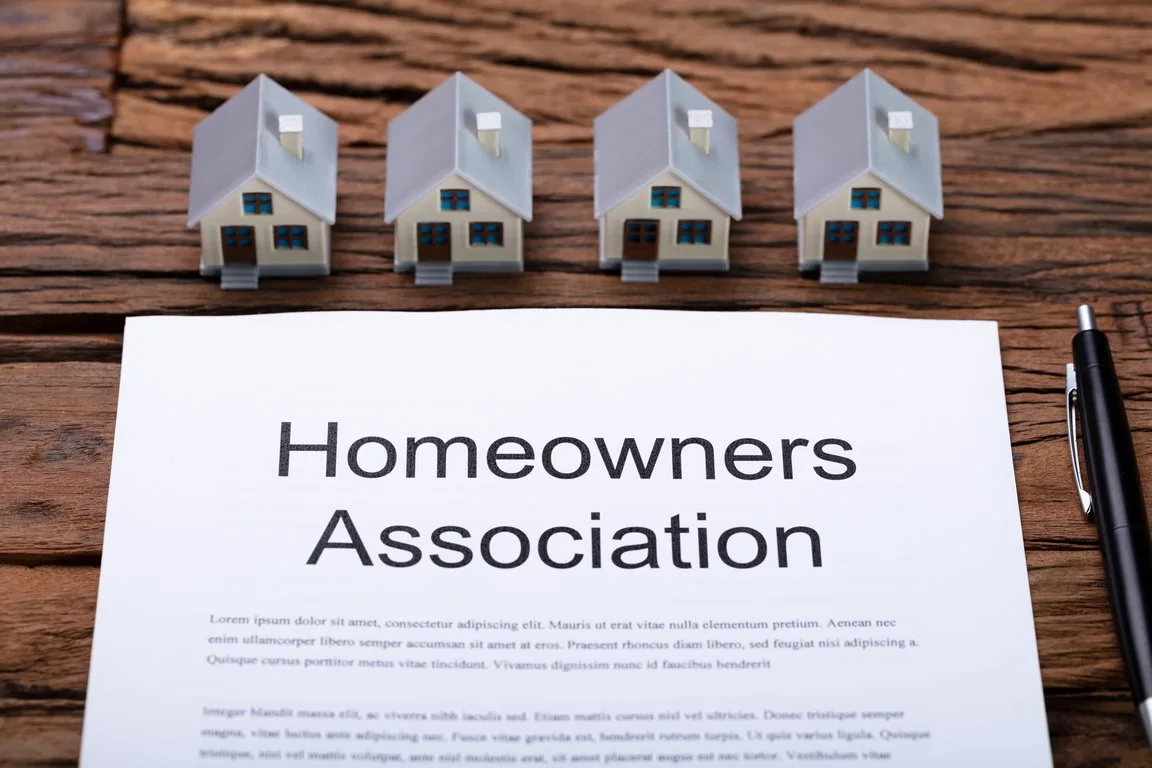The Homeowners Association (HOA) is a powerful asset to any residential community. They help enforce regulations and rules in a neighborhood and ensure high standards and home values.
In fact, research shows that HOAs can increase the value of a home by up to 4.2% or USD$10,000.

In general, most planned communities already have operational HOAs established by the community developer. However, if you move into a development that hasn’t yet formed its own HOA, you’re probably considering taking the task yourself.
If you’re thinking of forming a homeowner’s association of your own, this article shares a quick guide from determining interest to developing homeowner association websites.
1. Gauge Interest
If you want to establish an HOA in your community, you first need to convince your neighbors that it’s a good idea. Depending on your state, you might need a majority buy-in to create an HOA, or you’ll have to convince everyone.
As you determine interest, you should also start collecting feedback about what they want and don’t want the HOA to offer. You can use that information to guide you later on.
2. Understand The Law and Hire a Lawyer
Once you’ve determined that the majority of all homeowners are on board, you need to start educating yourself on HOA laws. Check both local and state laws to see things that can and can’t be legally implemented by your HOA.
That said, unless you’re a lawyer yourself, it’s best to hire an attorney to assist you in the legal side of establishing an HOA.
3. Determine The Needs and Wants
Previously, we mentioned that you collect feedback and survey your neighborhood. Now’s the time to put all those wants and needs into writing. Your community expectations could be anything from handling trash fees to the maintenance of shared spaces such as pools or parks.
4. Draft A CC&R Document
Short for covenants, conditions, and restrictions, CC&Rs are essential to every HOA. The type of CC&R you make will depend on the wants and needs of your neighborhood.
Once you have drafted the CC&R document, make sure to get buy-in on these as well since some of your neighbors may not like the increased restriction.
5. Create A Budget and Schedule Fees
In order to run, every organization, including HOAs, needs a budget. When creating a budget, make sure that it covers the requested needs and wants while keeping the costs low. Having a realistic budget can limit HOA fees from drastically increasing every year.
Since an HOA’s budget comes from fees collected from homeowners, you need to decide the amount for your association’s dues and a collection schedule.
Generally, fees are collected monthly, but some HOAs have also been collected annually. You can ask your community to determine the homeowners’ preferences.
6. Draft Governing Documents and Pick the Board
The governing documents should be based on your HOA’s operational needs. It should also include articles and bylaws of incorporation.
The bylaws can help establish the HOA’s rules and regulations, including how to choose board members and how often the meetings occur.
Speaking of choosing board members, you should also start picking the right candidates. In general, you’ll have volunteers, and HOA members can vote on whom to elect.
Ideally, you want members of the board to have some experience and knowledge in the role they take.
7. Give Your HOA A Name
Your homeowners’ association should have a name to make things official. In general, most HOAs are named after the neighborhood they serve. That said, when choosing a name, make sure that it isn’t too similar to other organizations’ names or that it isn’t a trademark by another association.
8. Form A Non-Profit or LLC Organization
A homeowner’s association is a legal entity. Thus, it should be created as a nonprofit or as a limited liability corporation (LLC). Filing to become a nonprofit or LLC organization is the first step toward becoming a real association.
That said, know that whether you establish your HOA as a nonprofit or an LLC, it will still pay the necessary taxes.
9. Develop A Website
As people rely more on technology and the internet, your HOA can become more effective with a website. Developing a website for your homeowners’ association can help keep your members up to date on the latest information and events.
Plus, it can inform potential buyers of what they can expect upon moving into your community and the overall neighborhood vibe.
Take Away
That’s it! Starting a homeowner’s association is a huge task with complicated processes and significant responsibilities, especially if you don’t know where to start.
So, it would be great if this article provided you with insights and guidance to establish an effective HOA that should serve your community for years to come!











